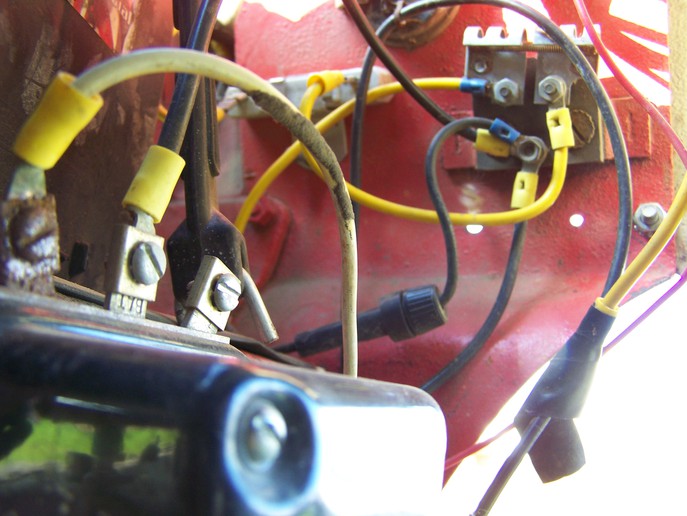When it comes to understanding the electrical system of your Ford 8n tractor, having a clear and accurate wiring diagram is essential. In this article, we will delve into the world of Ford 8n Ballast Resistor Wiring Diagrams and explore their importance, how to read and interpret them effectively, and how they can be used for troubleshooting electrical problems.
Importance of Ford 8n Ballast Resistor Wiring Diagram
Wiring diagrams are crucial for understanding the complex network of wires and components that make up the electrical system of your Ford 8n tractor. Here are a few reasons why having a clear wiring diagram is essential:
- Helps in identifying the location of various components
- Assists in tracing the path of electrical connections
- Aids in troubleshooting electrical issues
- Ensures proper installation of new components
Reading and Interpreting Ford 8n Ballast Resistor Wiring Diagram
Reading and interpreting a wiring diagram may seem daunting at first, but with a little practice, it can become second nature. Here are some tips to help you read and interpret a Ford 8n Ballast Resistor Wiring Diagram effectively:
- Start by familiarizing yourself with the symbols used in the diagram
- Follow the path of the wires to understand the connections between components
- Pay attention to color codes and labels for better understanding
- Refer to the legend or key provided in the diagram for additional information
Using Ford 8n Ballast Resistor Wiring Diagram for Troubleshooting
Wiring diagrams are invaluable tools when it comes to troubleshooting electrical problems in your Ford 8n tractor. Here’s how you can use a wiring diagram to diagnose and fix issues:
- Identify the components involved in the problem area
- Check for continuity and proper voltage levels using a multimeter
- Trace the wiring path to locate any loose connections or damaged wires
- Refer to the wiring diagram to understand how the components are supposed to be connected
Safety First
When working with electrical systems and using wiring diagrams, it is crucial to prioritize safety. Here are some safety tips and best practices to keep in mind:
- Always disconnect the battery before working on the electrical system
- Use insulated tools to prevent electric shock
- Avoid working on the electrical system in wet or damp conditions
- If you are unsure about a certain procedure, consult a professional mechanic
Ford 8n Ballast Resistor Wiring Diagram
Ballast Resistor – Ford 9N, 2N, 8N Forum – Yesterday's Tractors

8n ford wiring diagram

Ford Ballast Resistor Wiring Diagram – Wiring Diagram
Ford Ballast Resistor Wiring Diagram – datainspire
wiring diagram ballast resistor ignition coil

Wiring Diagram For 6 Volt 8n Ford Tractor – Diagrams : Resume Template
